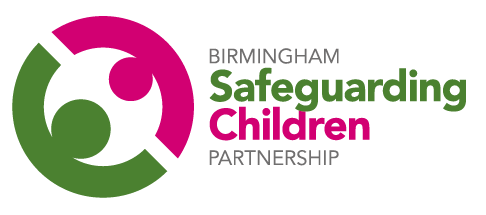Empowering School Safeguarding: The Crucial Role of Designated Safeguarding Leads (DSLs) in Multi-Agency Child Protection
Whilst Education isn’t a fourth statutory safeguarding partner, Working Together To Safeguard Children 2023 has further strengthened the role of the sector in multi-agency Child Protection Arrangements. This supports all agencies as indicated in the latest Child Safeguarding Review Panel Annual Report (2022/2023) which states that “in some reviews schools were identified as key in providing safe spaces for children to talk about their home lives and worries” recognising the “valuable information” they have to share.

So, what do school Designated Safeguarding Leads (DSLs) bring to multi-agency meetings? Well, they are often the agency that sees the child for the longest period of time, through which they build trusted relationships leading to high quality, regular interactions with the child and wider family. They can present a picture of what is typical for that child and crucially that family. They understand the local context and importantly they are highly skilled professionals who understand how to communicate effectively with children in an ‘age and stage’ appropriate manner.
All education-based DSLs are bound by the statutory guidance document ‘Keeping Children Safe in Education’ (KCSIE). This is an incredibly comprehensive document and when training colleagues from other sectors we suggest they read it, even though they aren’t bound by it. It is structured in a way that helps professionals to understand the child’s lived experience. Settings must have one DSL, but can have deputy DSLs too, all trained to the same level. KCSIE requires they “undergo training to provide them with the knowledge and skills required to carry out the role” and that this training should be refreshed every two years. This is the formal “certificated” type of training, but there is also a requirement for DSLs to undertake Prevent training and regularly refresh their skills and knowledge.
Training teaches DSLs how to lead safeguarding in their setting, looking at culture and ethos, ensuring all staff understand the breadth of issues and that safeguarding is everyone’s responsibility. There is a focus on national and local guidance, specifically how to complete effective referrals and how to best support local inter-agency work. Training is also a great opportunity for DSLs to network, as those in similar geographic sectors might share common concerns of a contextual nature and those in different phases might share a family in common.
Article written by Jo Perrin, Education Adviser for Services For Education, a charity which provides training courses tailored to DSLs and school leaders in Birmingham.
